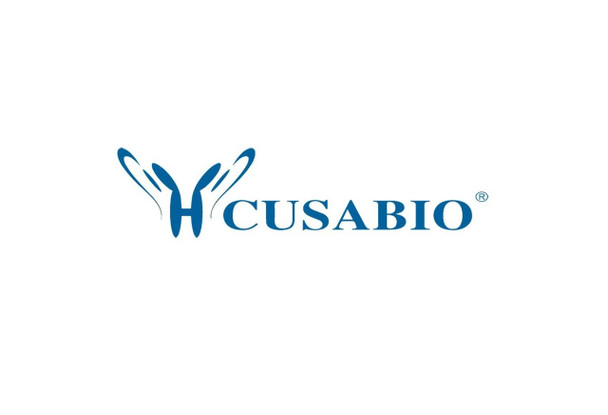Cusabio Polyclonal Antibodies
Fhit Antibody, Biotin conjugated | CSB-PA530819HD01MO
- SKU:
- CSB-PA530819HD01MO
- Availability:
- 3 to 7 Working Days
Description
Fhit Antibody, Biotin conjugated | CSB-PA530819HD01MO | Cusabio
Fhit Antibody, Biotin conjugated is Available at Gentaur Genprice with the fastest delivery.
Online Order Payment is possible or send quotation to info@gentaur.com.
Product Type: Polyclonal Antibody
Target Names: Fhit
Aliases: Bis (5'-adenosyl) -triphosphatase (EC 3.6.1.29) (AP3A hydrolase) (AP3Aase) (Diadenosine 5', 5'''-P1, P3-triphosphate hydrolase) (Dinucleosidetriphosphatase) (Fragile histidine triad protein), Fhit
Background: Cleaves P (1) -P (3) -bis (5'-adenosyl) triphosphate (Ap3A) to yield AMP and ADP. Can also hydrolyze P (1) -P (4) -bis (5'-adenosyl) tetraphosphate (Ap4A), but has extremely low activity with ATP. Modulates transcriptional activation by CTNNB1 and thereby contributes to regulate the expression of genes essential for cell proliferation and survival, such as CCND1 and BIRC5. Plays a role in the induction of apoptosis via SRC and AKT1 signaling pathways. Inhibits MDM2-mediated proteasomal degradation of p53/TP53 and thereby plays a role in p53/TP53-mediated apoptosis. Induction of apoptosis depends on the ability of FHIT to bind P (1) -P (3) -bis (5'-adenosyl) triphosphate or related compounds, but does not require its catalytic activity (By similarity) . Functions as tumor suppressor.
Isotype: IgG
Conjugate: Biotin
Clonality: Polyclonal
Uniport ID: O89106
Host Species: Rabbit
Species Reactivity: Mouse
Immunogen: Recombinant Mouse Bis (5'-adenosyl) -triphosphatase protein (2-150AA)
Immunogen Species: Mouse
Applications: ELISA
Tested Applications: ELISA
Purification Method: >95%, Protein G purified
Dilution Ratio1:
Dilution Ratio2:
Dilution Ratio3:
Dilution Ratio4:
Dilution Ratio5:
Dilution Ratio6:
Buffer: Preservative: 0.03% Proclin 300
Constituents: 50% Glycerol, 0.01M PBS, PH 7.4
Form: Liquid
Storage: Upon receipt, store at -20°C or -80°C. Avoid repeated freeze.
Initial Research Areas: Epigenetics and Nuclear Signaling
Research Areas: Epigenetics & Nuclear Signaling;Cancer







